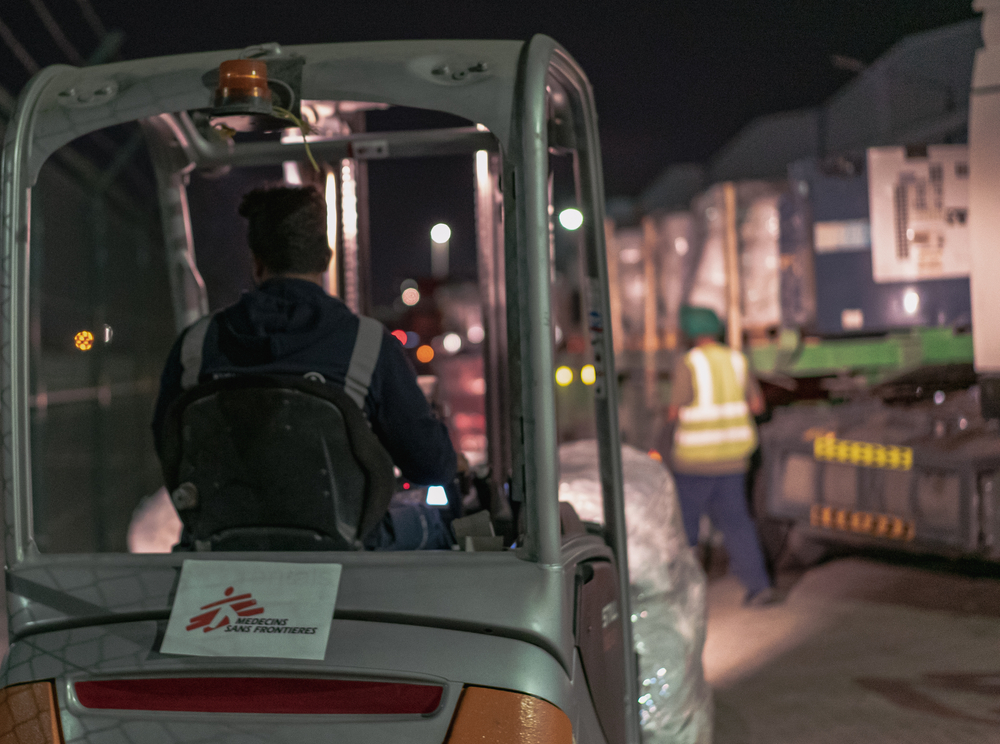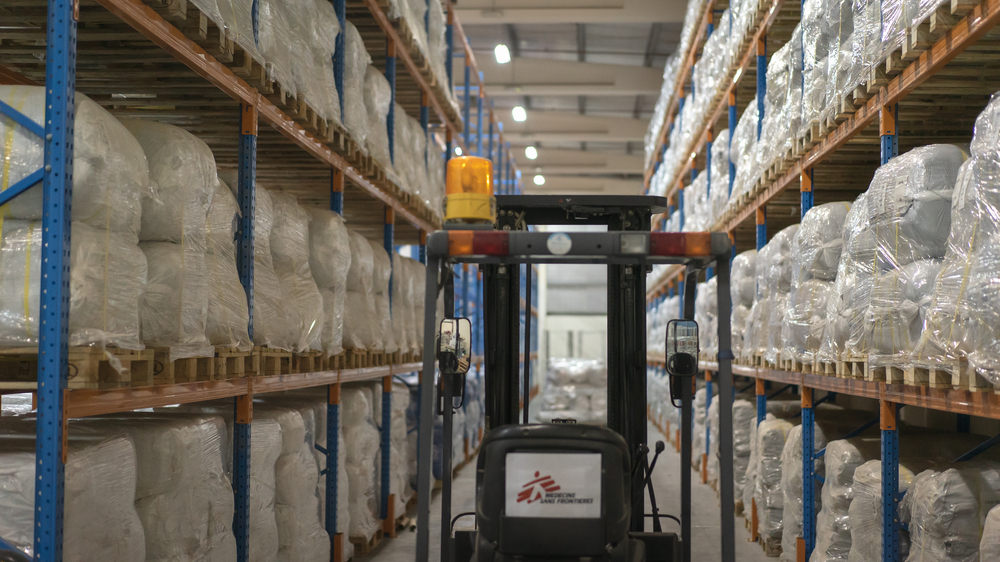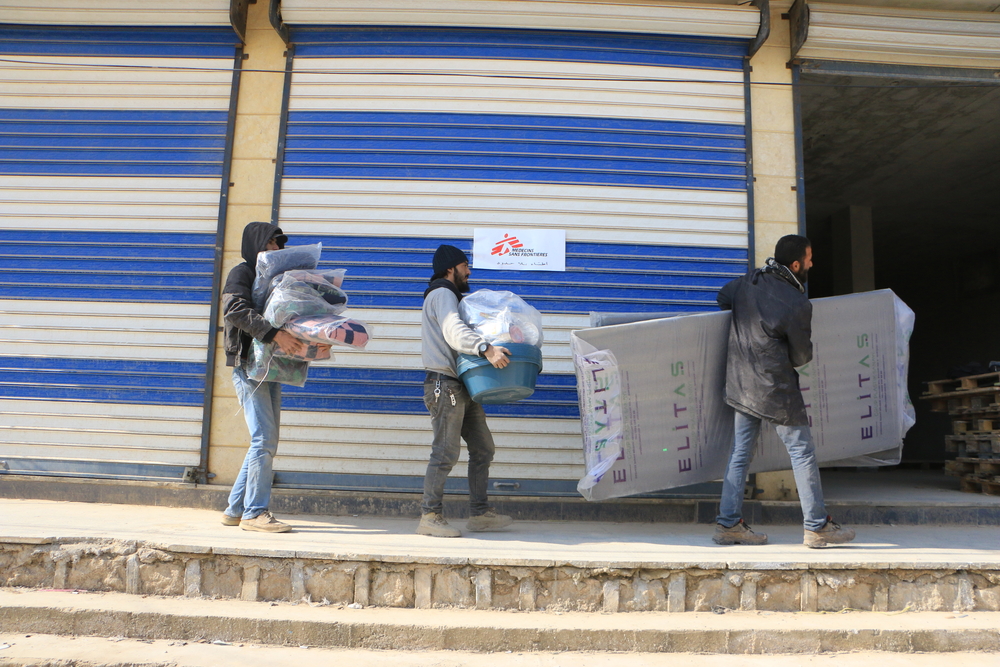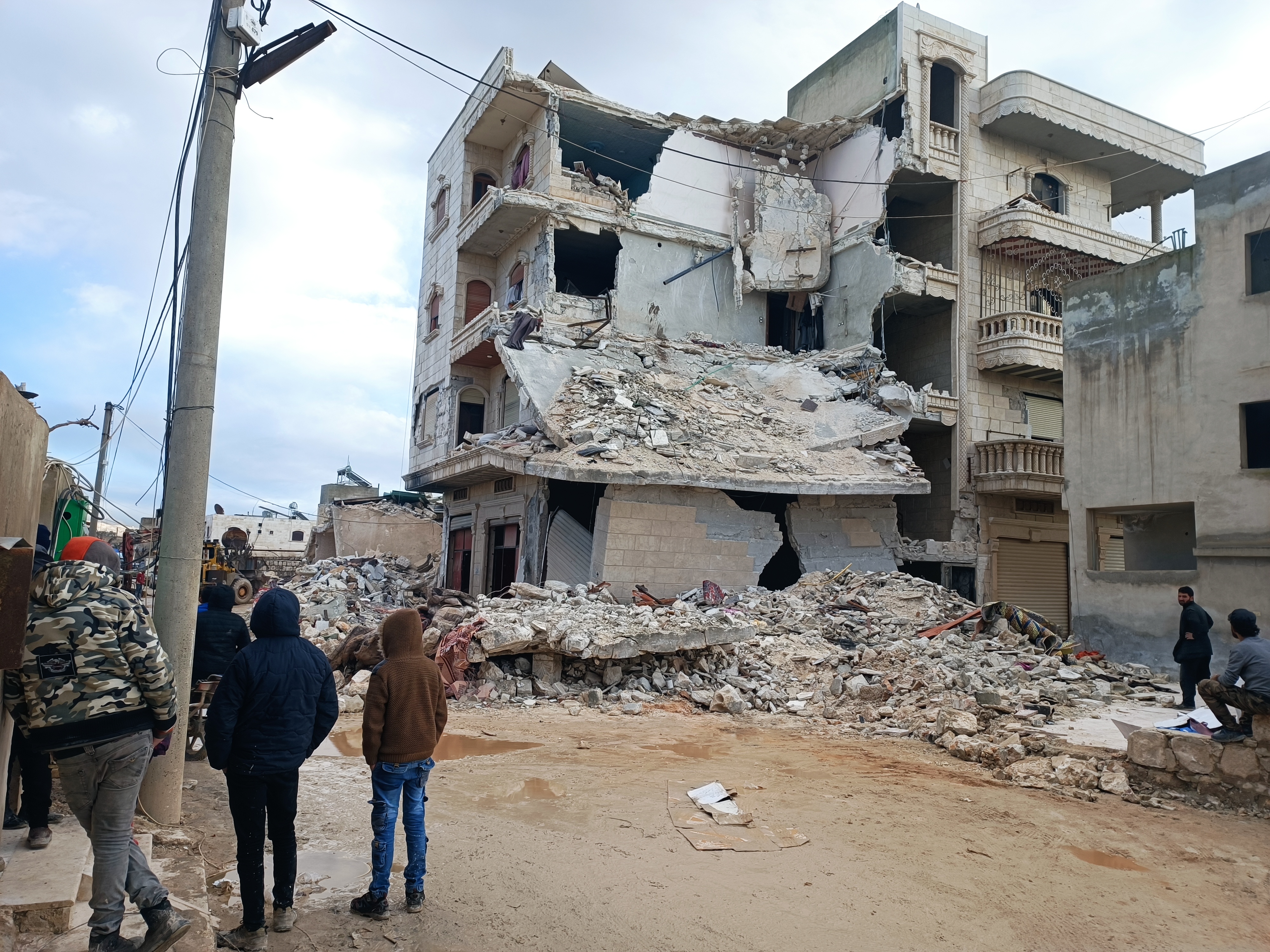MSF's first convoy entered northwest Syria carried 1,296 tents destined to families (of five people or more) left homeless by the earthquakes and 1,296 winter kits to insulate the tents from the cold. Other MSF convoys are planned to follow quickly to deliver medical and non-medical equipment.
However, an urgent increase in the volume of supplies is needed to match the scale of the humanitarian crisis.
MSF calls for the immediate scale up of assistance for the people affected by the earthquakes in northwest Syria, in order to address the new humanitarian needs adding to those already prevailing in the area.
In particular, priority should be given to supplying shelters and water and sanitation equipment, as well as the medical supplies necessary for post-operative care and to maintain continuity of care, amongst other items which are urgently needed.




